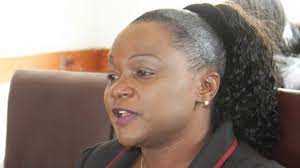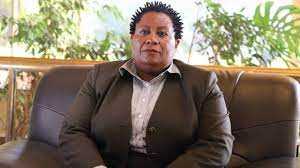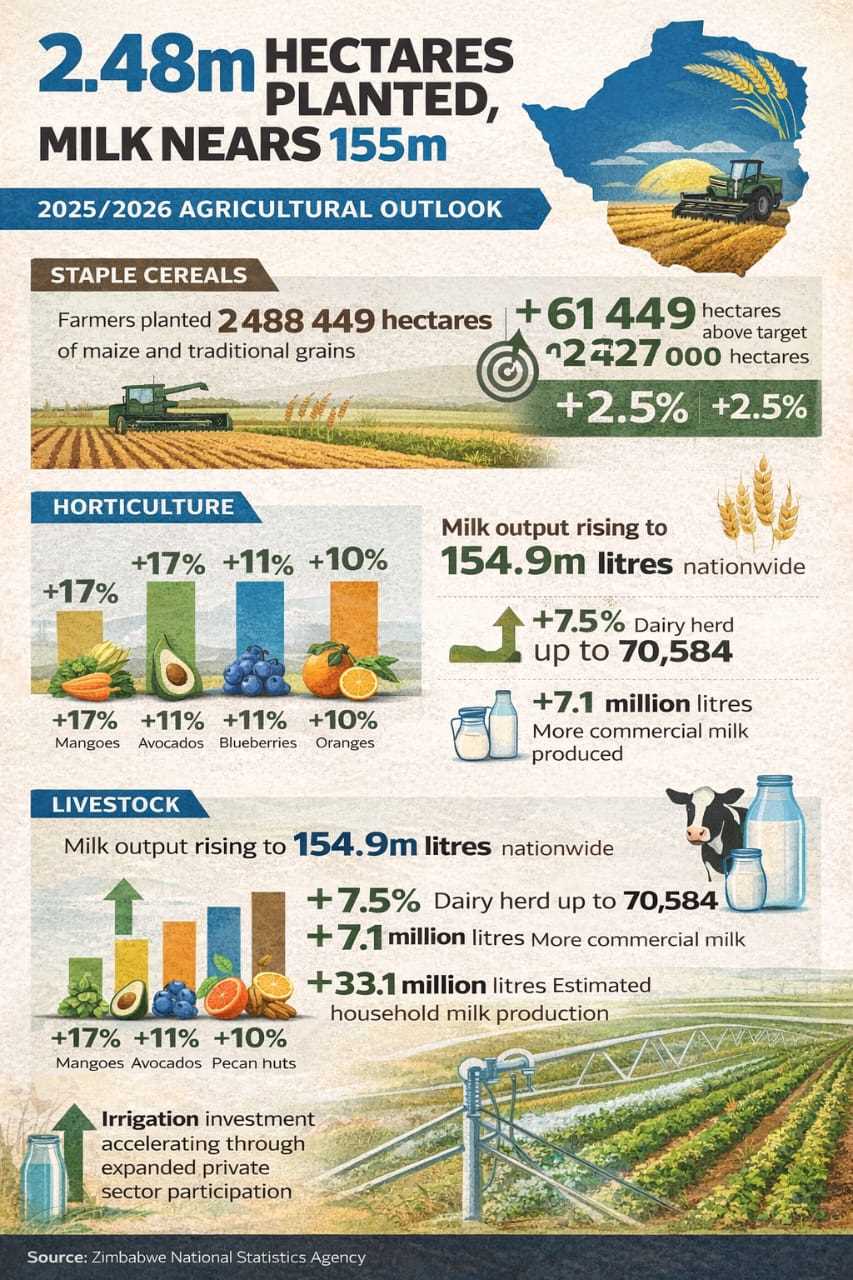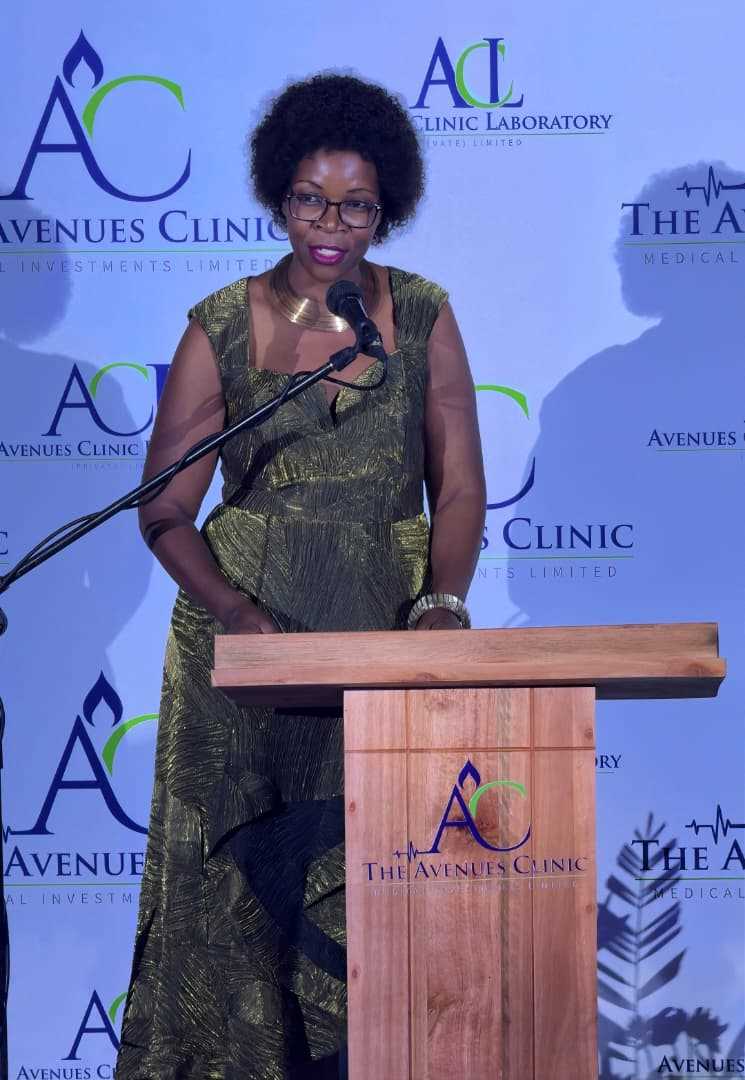
Audrey Galawu
Virginia Mabiza was recently celebrated as the country’s first Attorney-General.
Her appointment has been hailed by many as a step forward in empowering women into decision-making positions.
Mabiza’s appointment was followed by the appointment of Justice Loice Matanda-Moyo as the Chairperson of the Zimbabwe Anti-Corruption Commission Prosecutor-General, who also made history as the first woman to hold the position.
The appointments are a significant step for gender representation within the country's legal system.
Gender and Media Connect national director, Patience Zirima said the appointments are an acknowledgment of the expertise the different women have and overall can motivate young women that they can achieve these great heights as well.
She, however argued that there is still a gap that needs to be filled in terms of equal representation in the Cabinet and other governance positions.
“The appointment of women to key decision-making positions is a positive move by the government.
“The only challenge that is there is that there are not enough women who get into powerful positions. The new Cabinet of Ministers for example has only five women out of 26 ministers. This is just below 20% of women appointed as ministers.
“Our constitution calls for equal representation of women and this means we should start to see at least 50% female ministers. I acknowledge that there could be a problem that stems from the low numbers of women voted into Parliament where most ministers are drawn from.

“There is therefore a need to promote and support more women to enter into politics if we are to see higher numbers in decision making positions.
“It is unfortunate that we are actually seeing a regression in the numbers of women in politics and I believe there is more the government can do to encourage equal representation. The government should be clear in pronouncing the need for equal. Representation of women in these decision-making positions," she said.
Zirima also said there should be moves to ensure equal representation from the political party level, and ensure that political parties commit to ensuring representation. Increased political will in this direction is needed.
She added that women still face inter and infra party violence, online violence and gendered disinformation, poor policies that do not support women, lack of financing for women who want to get into politics.
“There needs to be a clear policy that supports women’s participation at political party and national levels.
“Increase support to women in terms of financial support, education, and putting in place other mechanisms to promote women’s participation. One of these could be lowering barriers to entry. At nomination level, reducing nomination fees to encourage women’s participation could be a strategy.
“There is also need to deal with political violence broadly and violence against women in particular,” she noted.
Related Stories
Women's Academy for Leadership and Political Excellence spokesperson, Helen Kadirire emphasised the Helen also emphasised that patriarchy, violence against women in politics, harassment, cyber-bullying, intimidations, threats, unpaid care and domestic work and lack of resources as major hindrances to women taking up leadership positions.
“The recent appointments signify is a disdain for women in occupying leadership positions. The failure to have a woman Vice-President is a clear indication of the lack of political will to have a woman take up a top post in the Presidium, while there are many capable women who could have been appointed.
“The President could have exhausted the 7 non-constituency seats that have been set aside to choose women not represented in Parliament but he chose not to.
“So far, the drive to empower women by Government is significantly reducing and this can be seen by the lower numbers of women in Parliament. If new strategies are not employed, there could be no women parliamentarians save for those on Proportional Representation. There needs to be implementation of the Constitution in terms of Sections that speak to gender equality and non-discrimination based on gender, sex and age.
“To remedy the situation, Zimbabwe needs to shift from First Part The Post system of elections to Proportional Representation. This will cushion women from some of the ills aforementioned. Another solution is to align Sections 17, 56 and 80 of the Constitution to the Electoral Act. This will ensure that party lists that do not reflect 50/50 gender balance will be turned away.
“Political parties should also distribute funds equally among their women and men candidates in order for the latter to have a fighting chance of campaigning freely and fairly for their desired leadership position. A broader Sexual Harassment Act needs to be enacted that will protect women and punish perpetrators fairly regardless of political party affiliation,” she stated.
A number of countries, including Angola, Mozambique, Namibia, South Africa, Tanzania and Zimbabwe, have on average more than 30 % women’s representation in the upper and lower houses of parliament.
Several countries have legislated minimum quotas for women’s representation in parliaments.
South Africa
According to a report by the Commission for Gender Equality, women in South Africa represent 43% in the National Assembly which is an all-time high.
According to the Commission, women received greater priority in the appointment of replacements for vacated Parliamentary seats, as well as during the numerous Cabinet reshuffles by the former president Jacob Zuma, as well as the current President of the country, Cyril Ramaphosa.
Currently, South Africa has 12 serving women ministers making up 49%. The growth in the number of women Ministers has been accompanied by a general decrease of women’s appointments in positions of Deputy Ministers.
In 2021, Africa was at 24 percent women’s representation in Parliament.
Lack of political will, restrictive electoral frameworks and deeply entrenched patriarchy are some of the root causes of these low figures.
In 2012, Joyce Banda made history when she became President following the demise the Former President His Excellency Bingu wa Mutharika.
She is the first woman president in Malawi and the first woman Head of State in all of the Southern African Development Community.




















Leave Comments